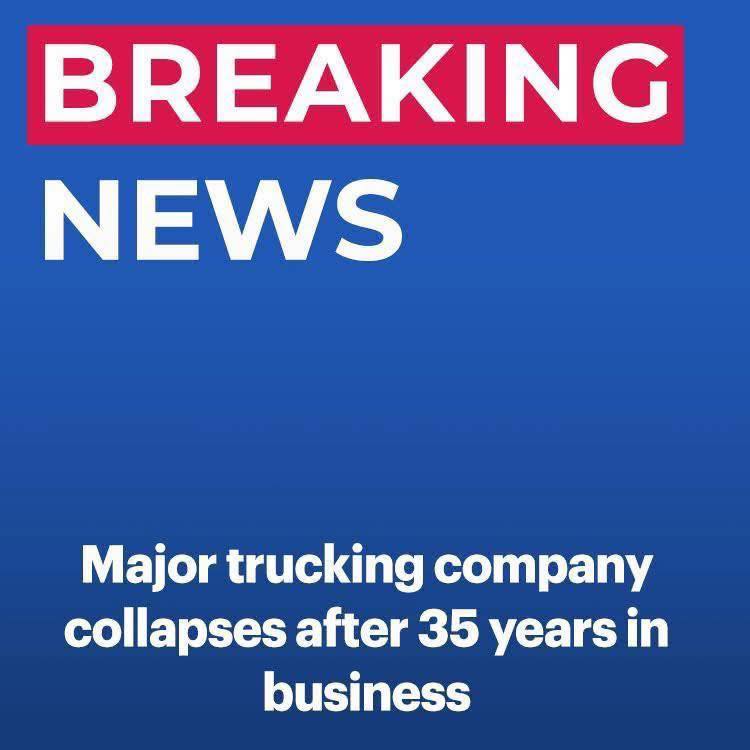After over three decades of operation, Australian transport and logistics company XL Express has entered voluntary administration, leaving 200 employees facing job losses and frustrated customers scrambling to recover their goods. Once a major freight carrier along the east coast, the company was well-known in logistics, facilitating the transport of goods between Sydney, Melbourne, and Brisbane.
At its peak, XL Express wasn’t just another transport company — it was thriving, even serving as a major co-sponsor for the Brisbane Lions AFL team, with its logo proudly displayed on the team’s uniforms. Its collapse is a significant blow to the transport sector, causing immediate chaos for clients in various industries.
The company entered voluntary administration last Friday, along with 16 other affiliated entities. FTI Consulting partners Kelly-Anne Trenfield, Joanne Dunn, and Ross Blakely have been appointed as administrators to assess if any part of the business can be saved.
In an official statement, FTI Consulting mentioned their team is “conducting an urgent assessment to determine the continued viability of XL Express.” The administrators also confirmed that, where freight deliveries cannot be completed, customers will be able to collect their goods directly from XL Express distribution centers.
However, customers are outraged. Many have turned to social media to express their frustration over delayed shipments and missing packages, calling the situation “a disaster” and accusing the company of failing to communicate in the lead-up to its collapse. Businesses that relied on XL Express for regular freight services are now left in uncertainty, scrambling to find alternative carriers in an already strained logistics market.
Industry experts argue that the company’s collapse highlights the increasing pressures faced by transport operators in Australia. Rising fuel costs, labor shortages, and ongoing supply chain disruptions have deeply impacted logistics providers in recent years. While some businesses have adapted through automation and efficiency measures, others — especially mid-sized operators like XL Express — have struggled to survive.
“Smaller and mid-tier freight companies are being squeezed from both sides,” noted one logistics analyst. “They face enormous operating costs and tight delivery expectations, but customers are becoming more price-sensitive. When cash flow tightens, a single bad quarter can push a business to the brink.”
For employees, the news was a crushing shock. Many workers, some of whom had been with the company for decades, were reportedly informed late last week that their jobs were at risk. While administrators are still reviewing the company’s financials, the outlook is bleak, with few signs of an immediate buyer or a rescue plan.
The company’s closure also underscores the far-reaching consequences of such business failures. Hundreds of small businesses that relied on XL Express for regional freight and overnight deliveries now face significant delays and financial strain. “We have customers waiting on stock we can’t deliver because it’s stuck in their warehouse,” one retailer explained. “We can’t even get a clear answer on when — or if — we’ll get it back.”
FTI Consulting has assured customers and suppliers that updates will be provided as the situation progresses, though many remain skeptical. The administrators now face the difficult task of sorting through contracts, unpaid invoices, and stranded shipments — all while determining if any part of XL Express’s operations can be sold or restructured.
For a company that had been a key player in Australia’s freight network for 35 years, its collapse signifies more than just another corporate failure. It serves as a reminder of the fragility of the logistics industry, which operates on razor-thin margins but forms the backbone of everyday commerce.
As one long-time customer put it, “When a company like XL Express falls, it’s not just a business issue — it sets off a chain reaction. Everyone feels it.”
